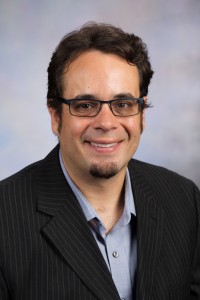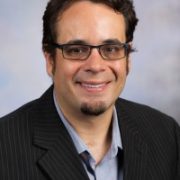https://education.ufl.edu/educational-research/files/2017/09/2015-06-11_Walter_Leite_Portrait-6633_reduced-200x300.jpg
300
200
klmarsh88
https://education.ufl.edu/student-services/files/2016/09/headerblue.png
klmarsh882017-09-07 08:00:232023-10-18 12:31:50Research Spotlight: Walter Leite
https://education.ufl.edu/student-services/files/2016/09/headerblue.png
0
0
klmarsh88
https://education.ufl.edu/student-services/files/2016/09/headerblue.png
klmarsh882017-09-07 07:59:522017-09-07 08:45:54OER Annual Report of Accomplishments for Fiscal Year 2016
https://education.ufl.edu/student-services/files/2016/09/headerblue.png
0
0
klmarsh88
https://education.ufl.edu/student-services/files/2016/09/headerblue.png
klmarsh882017-09-07 07:58:512017-09-07 07:58:51Summary of UF Fiscal Year 2016-2017 Indirect Cost Distributions
https://education.ufl.edu/student-services/files/2016/09/headerblue.png
0
0
klmarsh88
https://education.ufl.edu/student-services/files/2016/09/headerblue.png
klmarsh882017-09-07 07:57:382017-09-07 07:57:38NSF Project Reporting Policies and Reminders
https://education.ufl.edu/student-services/files/2016/09/headerblue.png
0
0
klmarsh88
https://education.ufl.edu/student-services/files/2016/09/headerblue.png
klmarsh882017-09-07 07:55:582017-09-07 08:51:14Registration for 2017 Fall NSF Grants Conference Opens Sept. 7
https://education.ufl.edu/student-services/files/2016/09/headerblue.png
0
0
klmarsh88
https://education.ufl.edu/student-services/files/2016/09/headerblue.png
klmarsh882017-09-07 07:54:552017-09-07 07:54:55NSF Moves to a New Location
https://education.ufl.edu/student-services/files/2016/09/headerblue.png
0
0
klmarsh88
https://education.ufl.edu/student-services/files/2016/09/headerblue.png
klmarsh882017-09-07 07:54:322017-09-07 08:56:39Newly Revised Common Rule for the Protection of Human Subjects
https://education.ufl.edu/student-services/files/2016/09/headerblue.png
0
0
klmarsh88
https://education.ufl.edu/student-services/files/2016/09/headerblue.png
klmarsh882017-09-07 07:53:442017-09-07 09:02:55Changing Policies Impact NIH-Funded Studies Involving Human Subjects
https://education.ufl.edu/student-services/files/2016/09/headerblue.png
0
0
klmarsh88
https://education.ufl.edu/student-services/files/2016/09/headerblue.png
klmarsh882017-09-07 07:52:412017-09-07 08:16:51Awarded Projects for August 2017
https://education.ufl.edu/student-services/files/2016/09/headerblue.png
0
0
klmarsh88
https://education.ufl.edu/student-services/files/2016/09/headerblue.png
klmarsh882017-09-07 07:52:262017-09-07 07:52:26Submitted Projects for August 2017
Scroll to top







